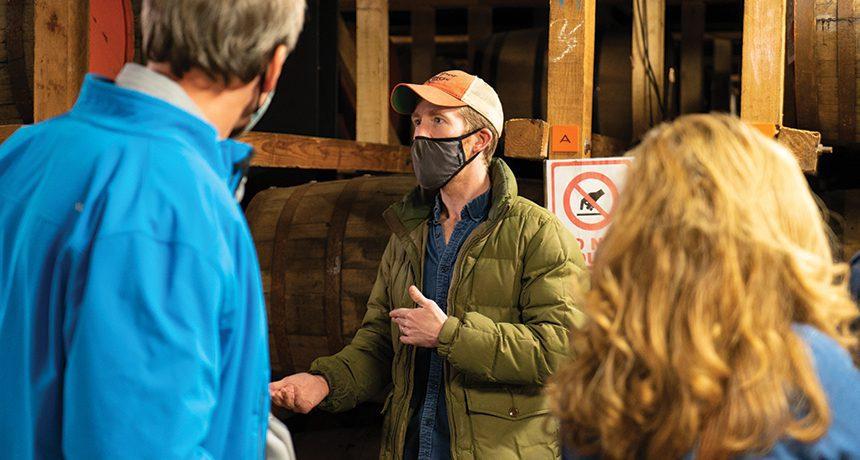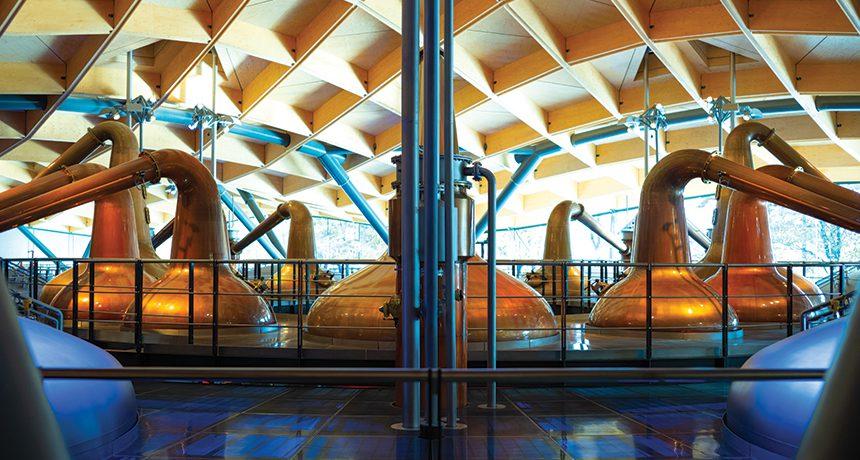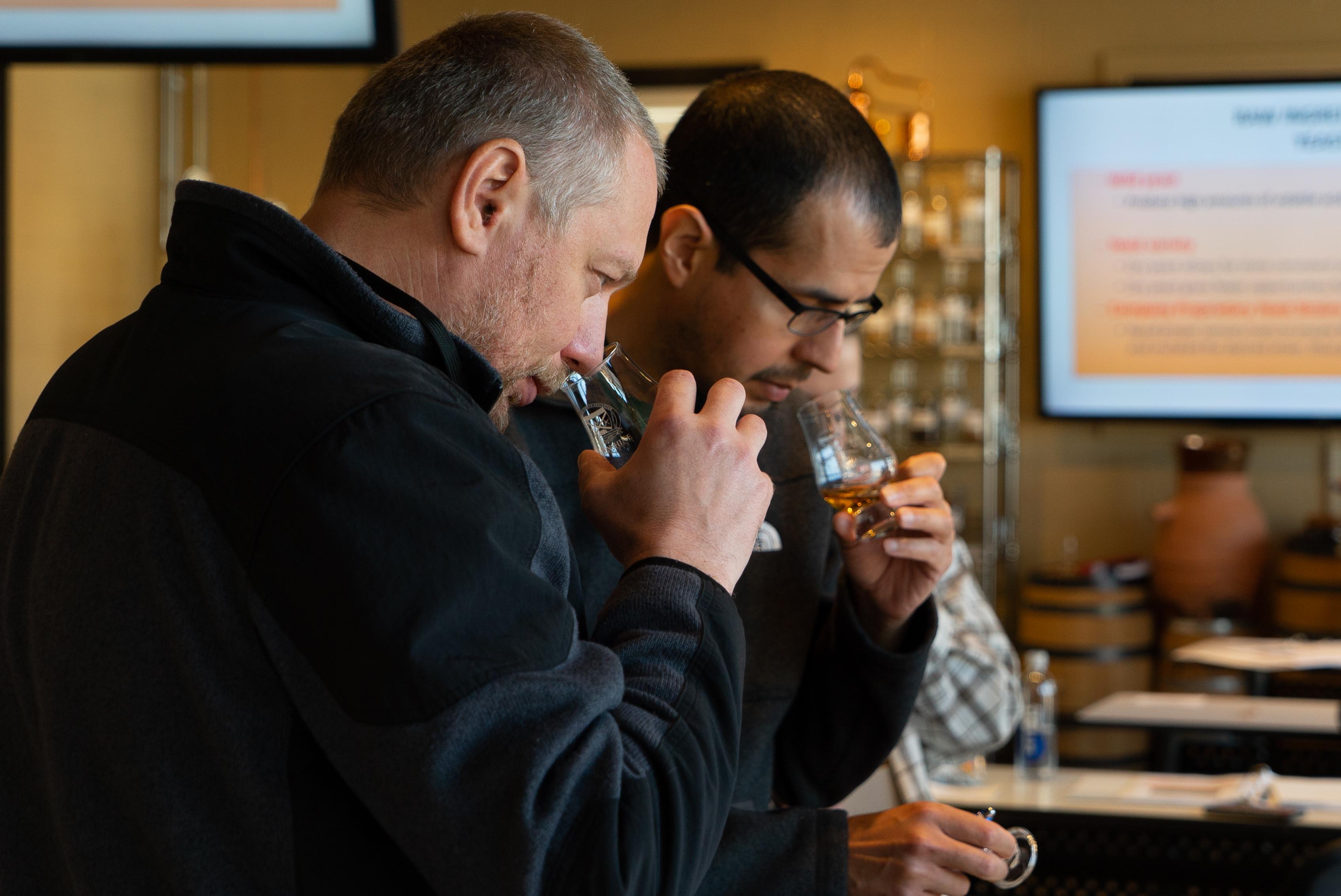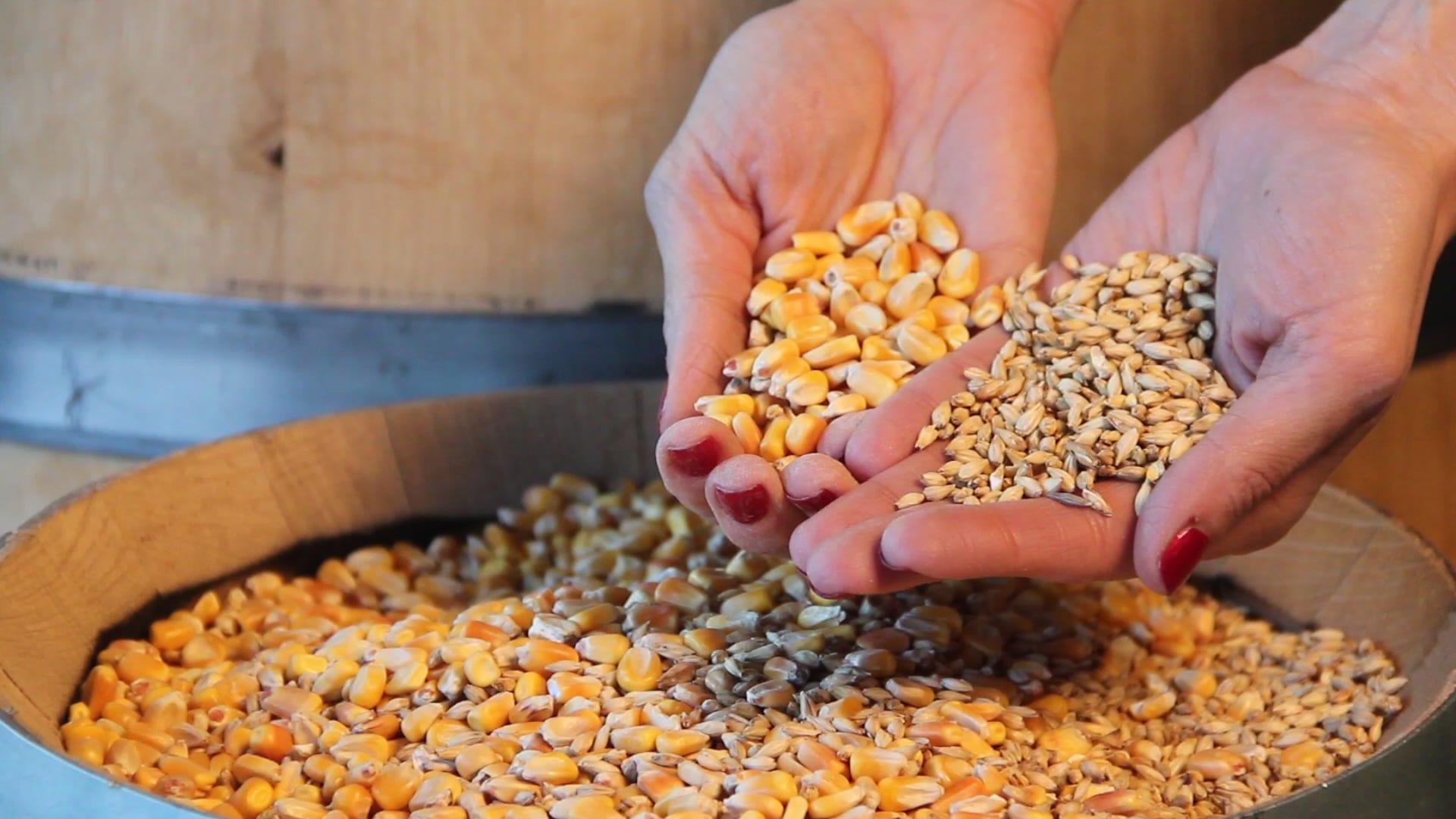
The Art of Non-Alcoholic Spirits
blog
For decades, spirits and cocktails have fostered a culture of craft, connection, and celebration. But over time, cocktail culture has evolved far beyond the buzz!

So the story goes something like this:
At around 5:30 in the evening on December 10, 1914, a huge explosion erupted in West Orange, New Jersey. A breathless messenger had interrupted the Edison family sitting down to dinner, bearing the tragic news that Thomas Edison's enormous, multi building electrical plant, was up in flames. Arriving on the scene, his son Charles said that Edison calmly walked over to him as he stood watching the fire destroy his father's life work, and said: "Quick: Go get your mother and all her friends. They'll never see another fire like this again."
There is certainly a lot to unpack there! Had the shock made Edison go insane, as his wife thought? What kind of person would urge his family and friends to hurry over and watch his life work being destroyed? Or, looking at it from another angle, was there really any other viable response? To do great things, after all, requires that you endure many setbacks and tragedies, and it is known that Edison began the process of rebuilding the next day. What a great story. It's fun to tell and fun to hear told; it teaches, with humor, the great lesson that it is how you perceive setbacks which create character, but most importantly, it has relevance for everyone. Or at least relevance for those that have suffered, or will suffer tragedy, which is all of us.
You may wonder what this has to do with distillery tours. Let me explain:
Making a career for myself in the whiskey business started with storytelling, which started with giving tours. I wrote and gave tours at an Adirondack Great Camp ( Sagamore was originally owned by the Vanderbilt family, who were acting out the fashionable fantasy of the one percent at the time, of "roughing it" in the wilderness with a hundred servants). Later, at a museum of Himalayan Art (Go to the Rubin Museum in NYC sometime and absorb all the stories coming off the walls…) and at a National Historic Landmark Cemetery in Brooklyn ( Walk around Green-Wood in Brooklyn, a place much more about life, than death, and ponder hundreds of stories about humanity).
Somehow, along the way, Kentucky called out to me. Hey, I loved horses and whiskey…so why not? My tour guiding adventures continued on the Kentucky Bourbon Trail, where there are tales…many tall…seeping out of the cavernous Bourbon rickhouses, and floating from barrels on the intoxicating mist of evaporating whiskey … the "Angel's Share".
Next stop was creating and managing distillery tours here in Brooklyn, for local craft whiskey distilleries. I loved the expression on people's faces, and could feel the energy of the group, when a good story connected with them, and I always knew a great tour guide when I saw this phenomenon spread from them through to their listeners. Magical thinking? Nope, it's the real deal: The field of neuroscience has deconstructed the architecture of stories, and found that stories affect our physical and mental makeup on many different levels. They not only help us to connect the right and left sides of the brain, but trigger the release of oxytocin, often known as the "bonding" hormone. Stories also help us to remember what we learn and integrate it into our own lives. That, my friends, is why distillery tours matter to a brand, and to increasing awareness of the brand.

When's the last time you remembered an instagram post? You were probably scrolling so fast you didn't give your brain a chance to process any information in a way that made sense. But I'd bet good money that you remember the last time a friend or family member told you a great story. Because the storyteller bonded with you while telling it, and you weren't even aware it was happening, until you found yourself retelling the story to others!
When distilleries take the time and make the effort to support a really top notch tour program, not only does the awareness of the brand grow, but life long customers are made. Again, there's our hormone friend oxytocin and the bonding effect: Your guest takes a great tour, given by a genuinely passionate guide, and they want to buy your product, be a part of your community, and spread the word about it. Conversely, If people comment that your tour guide seemed bored or mechanical, (and I see this way too much), that's a management issue. You've gotta have the right people at the "front of house" and pay them a decent living wage, for starters. And when I say the right people, I don't necessarily mean someone with a chemical engineering background (although for the distilling team this is great!) or a list of whiskey certifications. Trust me when I tell you, these things don't always translate to good storytelling. I once watched someone with both the above qualifications give a tour and people's eyes were rolling back in their heads, as a super technical description of distilling was given. It wasn't relevant to any of them, and they were just hearing facts spewed out.
I'm not saying don't be technically savvy or informative, I'm saying break it down so everyone has something they can relate to about the process. People love to hear that the term "spirit" is really a way of describing the essence of the alcohol vapor as it condenses into liquid form. Why? Because everyone can relate to that. Getting to the essence, the spirit, or the heart of something is paramount for everyone. That's what a distiller does, after all. And setbacks? Obstacles? Failures? What craft distiller hasn't experienced those things in the course of undertaking such a capital intensive, often backbreaking work load which in most cases takes years and years to pay off? Anyone relate to any of those things?…raise your hand! Who wouldn't want to hear about how you may have gypsy (or contract) distilled until you had a space for your own barrels, or money to buy your own still. Why present your story otherwise? Who wouldn't want to hear the story about how you moonshined it for a while before you got your license ( everyone loves a story which involves a bit of civil disobedience)! Sure, you should give the facts, and explain how it all works, but again, people don't remember facts and dates as much as they will a relatable anecdote. I know I use that word a lot, but I've seen too many tours no one can relate to because it had no bearing on the lives of their guests. Big Mistake.
Since I consider a great distillery tour an art form, I'd be remiss not to mention the great Freeman Tilden, (1883-1980) "The Father" of interpretation, whose book, "Interpreting Our Heritage" is a must read for anyone interested in building a knockout tour program. His principles, the fourth of which is "The chief aim of interpretation is not instruction, but provocation" were, and still are, pretty radical. He clearly explains how "Interpretation is the revelation of a larger truth behind a statement of fact", and the big one:
"Through Interpretation, understanding; Through Understanding, Appreciation; Through Appreciation, Protection"
Put that in your hopper and let it swirl around a bit. He's referring to heritage sites here, but his philosophy could easily apply to your brand. If people feel a sense of protection towards your brand, you've got them, for life.
One facet of my business is creating and developing tour programs for distilleries which are historical, fun, thought provoking, interactive, and engaging. Why would you settle for anything less when distillery tours matter so much?
Cheers!
Written by Lia Niskanen, Founder / barrelstrengthtalent.com

blog
For decades, spirits and cocktails have fostered a culture of craft, connection, and celebration. But over time, cocktail culture has evolved far beyond the buzz!

blog
Those that are familiar with the process of crafting distilled spirits may also be familiar with the 10 common congeners that are created during fermentation, and honed during the distillation run. Each congener has its own distinct personality, rendering unique tastes and aromas to the finished spirit.

blog
So, you want to start distilling with freshly milled grain. Maybe you're tired of paying top dollar for the pre-milled stuff from the malt distributor, and you're ready to invest in the quality, efficiency, and bulk pricing that comes with milling your own whole grain. But where do you start?